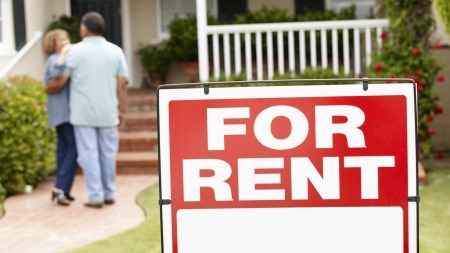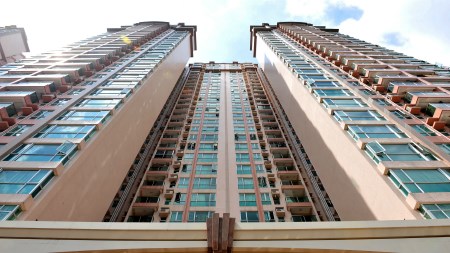Rental price growth is under pressure countrywide, so tenants are in the pound seats – at least for now.
According to the latest FNB Property Barometer, rental increases have been around 1.8% year on year in most regions for some time now. This is far cry from the 8 to 10% of just two to three years ago, and landlords are feeling the pinch. This creates the ideal conditions for tenants, particularly those with sound track records.
Oversupply of sectional title units
Stats SA data shows a massive surge in the supply of new residential units in 2019, particularly sectional title units. In the year to October, 67% more units came onto the market than in the corresponding period in 2018. There has also been a noticeable shift from freehold properties to more sectional title units in the last two to three years, which now account for around 60% of new build units. This is significantly above the 30% historical average since 2000.
The increase in popularity of sectional title units is due to increased densification and because South African buyers and tenants across all income groups have become more security conscious. A disaggregation of the data shows the upsurge in supply to be mainly concentrated in Gauteng.
Muted rental increases
The FNB Property Barometer reports that rising flat vacancy rates and muted rental inflation are indicative of an oversupply.
“Data up to the third quarter of 2019 showed muted rental escalation, which has helped put a lid on overall inflation. Lower rental escalations were recorded across all major provinces in this quarter, except in KwaZulu-Natal. Data further reveals that rental inflation is still the highest in the Western Cape, at 6.6% year on year in the third quarter of 2019 compared to 1.8% in Gauteng,” says FNB Senior Economist, Siphamandla Mkhwanazi.
“We believe the Western Cape rental market is being supported by the lower price segments in Cape Town, while pressure persists in the upper end. This pressure will likely continue filtering down, which should result in rental inflation in Cape Town continue trending lower, which will affect the entire Western Cape. This should help contain overall rental inflation in the coming quarters.
“Overall the downward trend in rental inflation reflects muted demand as well as the surge in the supply of new flats, which, according to our market strength index, are currently in excess supply. This is evidenced by high vacancy rates - by historical standards - which averaged 5.5% in the fourth quarter of 2019, according to data from property economists, Rode and Associates.
“We believe that rental inflation will trend lower in the near term, and will likely start improving in the second half of 2020, in line with a soft uptick in growth as well as our expectations of supply adjustments in new build stock. Nevertheless, given the uninspiring outlook on employment growth, we expect rental inflation to remain relatively low throughout the forecast horizon,” says Mkhwanazi.
Prospects for 2020
Based on the sideways rental growth of 2019, PayProp predicts more of the same for most of 2020.
“We’ve entered the new year with the continued threat of power cuts and an unstable economy that is unlikely to attract foreign investment in the short term,” says PayProp’s Johette Smuts.
“Affordability is and will continue to be an important factor in South Africa with sub-inflation income growth increasing the pressure financially on consumers, particularly in those provinces where rental growth outpaces inflation.”
Tenant benefits
Consumers all over the country are under pressure, and the present high rental vacancy rates and lower rent increases make this the ideal time to rent a home and kick-start your financial recovery.
This favourable scenario can provide the breathing space you need to pay down debt, get your credit records in order for when you are ready to buy your own home and perhaps save for a deposit.
When tenants can move to more affordable housing, landlords find it difficult to demand high rent increases, says the January PayProp report. “Indeed, tenants squeezed by sub-inflation wage growth may opt to move to cheaper housing even without the threat of rent rises,” says Smuts.




